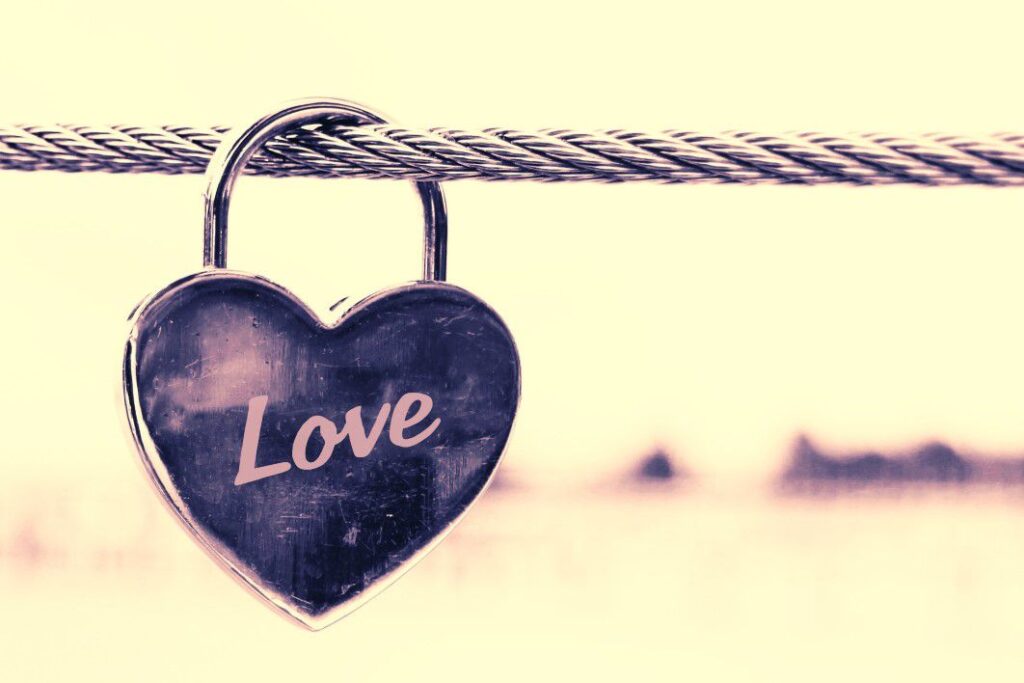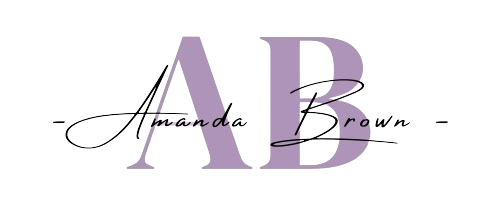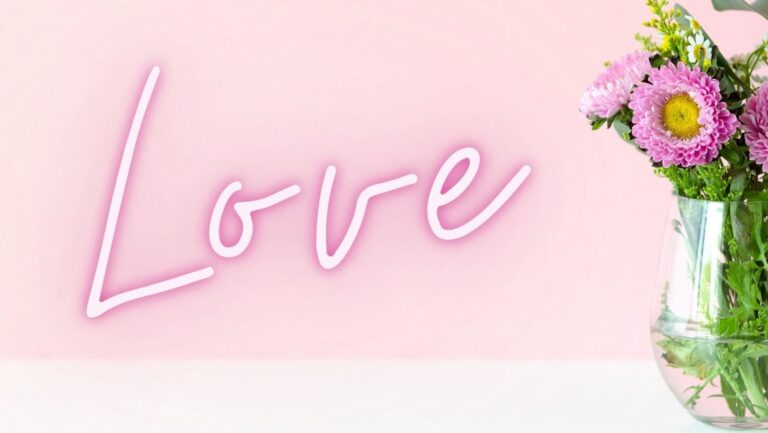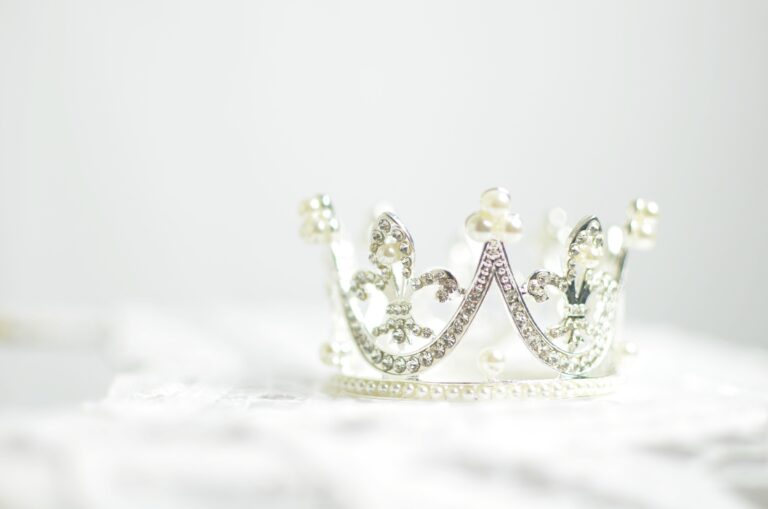Lessons Learned: A Guide for How to Forgive Yourself
DISCLOSURE: This post may contain affiliate links, meaning I make a commission if you purchase through my links, at no extra cost to you. For more information, please read my Disclaimer.

So often, we are taught the importance of forgiving others, but what about the importance of learning how to forgive yourself? Did you know that self-forgiveness is not just a kind gesture—it’s an essential step to truly loving and accepting yourself?
We’ve all made choices we regret or have done things that caused harm, whether to ourselves or others. Because we are human, mistakes are a part of life. But unfortunately, we often carry the weight of those choices far too long, allowing shame to hold us captive.
Maybe you regret a relationship you were in. Maybe you made choices that led you down the wrong path. Perhaps you’ve spoken hateful words to yourself or failed to recognize the greatness inside of you. Whatever your past may hold, it’s time to leave it behind.
It’s time to learn how to forgive yourself, drop the baggage, and move forward with love and grace. Choose to embrace understanding, empathy, kindness, and compassion—toward yourself.
This process isn’t always easy. It may be painful and uncomfortable, but healing is worth it. Your heart, your future, and your purpose are all worth it.
⚠️ Important note: If you are blaming yourself for something traumatic that was not your fault—such as abuse, deep loss, or serious trauma—this is not the type of forgiveness I’m addressing. In those situations, please seek godly counsel, therapy, or support from those trained to help you walk through healing.
What Is Forgiveness?
According to Dictionary.com, forgiveness is “the act of ceasing to feel resentment toward someone.” It means to release someone from their offense—even if that someone is you.
While we often focus on forgiving others, it’s equally important to understand how to forgive yourself. Self-forgiveness is about releasing yourself from guilt, shame, and condemnation so you can walk in freedom.
Why Should You Learn How to Forgive Yourself?
Forgiving yourself sets you free from internal bondage. When you don’t release yourself, you remain stuck in the mistakes of your past. You may even start to form an identity around your failures, rather than walking in the identity God gave you.
You are not your mistakes. You are fearfully and wonderfully made in the image of God (Genesis 1:26). And if He has forgiven you, then you must also learn how to forgive yourself so you can live in His freedom.
What Does the Bible Say About Forgiveness?
Scripture is a powerful foundation for learning how to forgive yourself. These verses may seem focused on forgiving others, but remember: You are a child of God, and these truths also apply to you.
- Proverbs 17:9 (NLT) – “Love prospers when a fault is forgiven, but dwelling on it separates close friends.”
- Proverbs 10:12 (AMP) – “Hatred stirs up strife, But love covers and overwhelms all transgressions [forgiving and overlooking another’s faults].”
- Ephesians 1:7–8 (NLT) – “He is so rich in kindness and grace that He purchased our freedom with the blood of His Son and forgave our sins.”
- Colossians 3:13 (NLT) – “Forgive anyone who offends you. Remember, the Lord forgave you, so you must forgive others.”
- Proverbs 28:13 (NLT) – “People who conceal their sins will not prosper, but if they confess and turn from them, they will receive mercy.”
- Ephesians 4:31–32 (NLT) – “Be kind to each other, tenderhearted, forgiving one another, just as God through Christ has forgiven you.”
Each of these scriptures reveals God’s heart toward forgiveness—and why it’s a necessary part of your healing journey. Learning how to forgive yourself means applying the grace of God inward, not just outward.
Check out my Amazon storefront for some great recommendations.
How to Forgive Yourself: Step-by-Step
1. Acknowledge What Happened
Start by being honest. Denial will keep you stuck, but truth brings freedom. Acknowledge what happened and take responsibility for your actions. This is the foundation of how to forgive yourself—facing the truth without condemnation.
Big or small, if it caused you pain, it matters. Consider writing down the things you’ve done that still carry weight. Be honest and specific.
2. Identify How It Made You Feel
Now that you’ve named the actions, name the feelings. Did those moments bring sadness, anger, frustration, guilt, or shame? Giving your emotions a name helps you face them with clarity and compassion.
Recognizing how you feel is a necessary part of how to forgive yourself, because you can’t heal what you haven’t acknowledged.
3. Forgive Yourself Out Loud
Speak life over yourself. Go through each item on your list and say:
“I forgive myself for ___.”
Don’t just think it—say it out loud. Proverbs 18:21 reminds us that life and death are in the power of the tongue. Use your voice to release guilt and declare healing.
Want to go deeper? Stand in front of a mirror and speak to yourself. It may feel strange, but there’s power in looking yourself in the eyes and releasing the weight you’ve been carrying.
4. Write a Letter of Apology
This may feel awkward at first, but writing a personal letter of apology can help clarify your thoughts and open a door to healing. Apologize to yourself for the things you’ve said or done. Be sincere and specific.
When you’re done, sign it. Let this be a physical, visible sign of your commitment to forgiving yourself and moving forward.
5. Let It Go and Move Forward
This is the hardest but most important part of how to forgive yourself. You have to let it go. You can’t carry old wounds into a new season.
Drop the baggage. Refuse to pick it back up. Don’t look back. The version of you who made those mistakes is not the person God is shaping you into now.
Healing doesn’t mean forgetting, but it does mean choosing to stop reliving the pain. God is doing a new thing in you (Isaiah 43:18–19). Let Him.
Final Thoughts: Forgiving Yourself Is a Spiritual Act
Learning how to forgive yourself is one of the most powerful and life-giving choices you can make. It’s not a one-time event—it’s a journey of healing and transformation through God’s love and truth.
As you take each step—acknowledging the past, speaking truth, releasing shame—you’re making space for the peace, joy, and purpose God has for you.
You are not too far gone. You are not disqualified. You are not your past.
You are loved. You are chosen. You are free.
If this post resonated with you, then my workbook, You Don’t Actually Suck: A Guide to Seeing Yourself Through God’s Lens and Not Your Own, is exactly what you need. This guide will help you break free from negative self-talk, replace lies with truth, and learn to see yourself the way God sees you—worthy, loved, and full of purpose.
Inside, you’ll find practical exercises, biblical encouragement, and space to craft affirmations that speak life over yourself. Don’t let negativity hold you back any longer—start rewriting your inner dialogue today!







